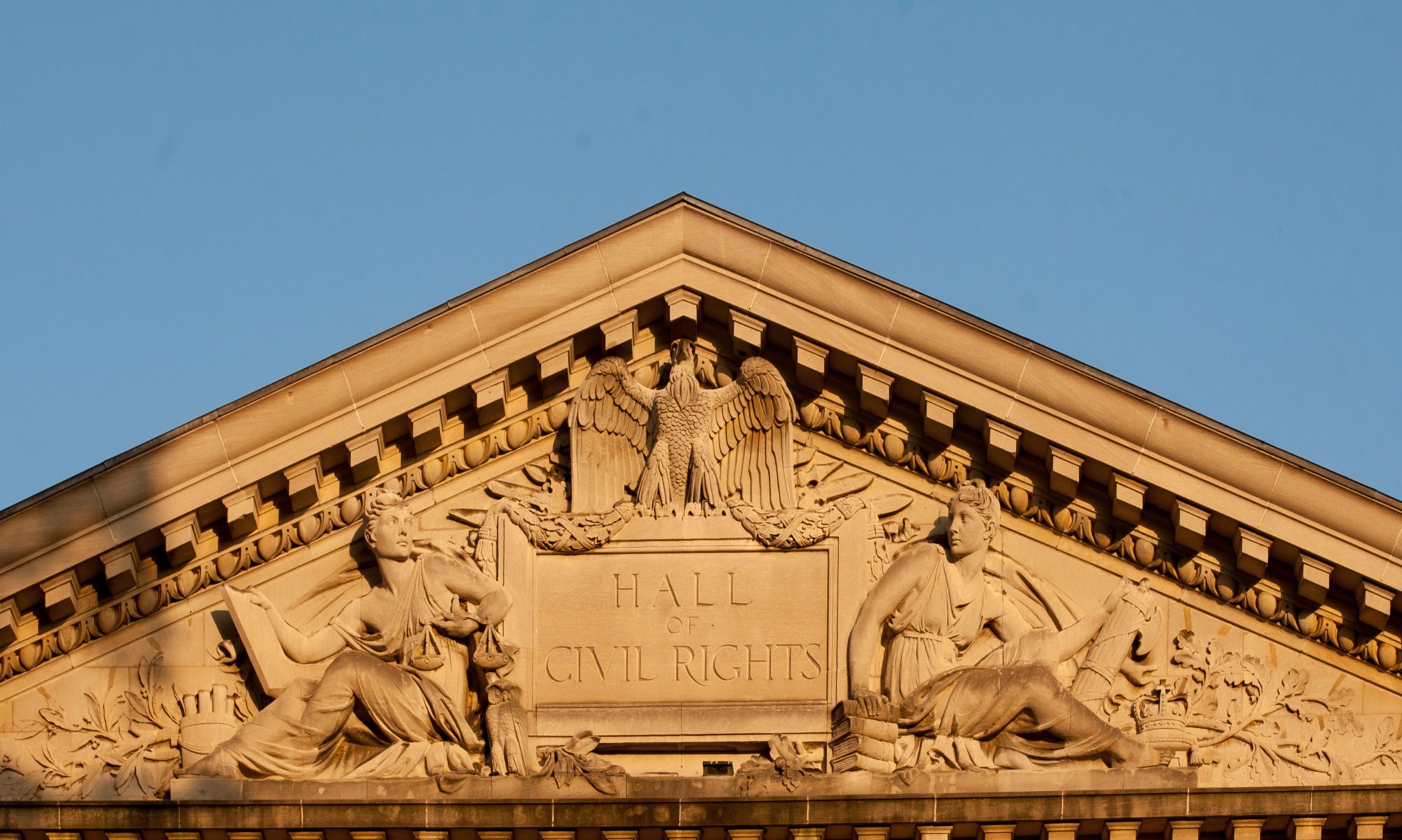Introduction to United States Politics [GOVT 101]
An examination of the American political system, its institutions and processes. Topics studied include political behavior, the Constitution, the Congress, the Presidency, the courts, and current foreign and domestic issues. Recommended to students who have not had an adequate secondary school preparation in the American government. [SS]
Campaigns & Elections in the U.S. [GOVT 215]
Elections rest at the heart of America’s representative democracy. This course offers a general introduction to U.S. elections, with special attention paid to electoral campaigns. We will explore such questions as: What legal structures shape how American elections are conducted? What strategies do candidates follow to win elections? What is the purpose of political parties in elections? Do race, gender, religious, and other social identities affect electoral outcomes? What role do media play in elections? [SS]
Political Analysis [GOVT 275]
This course provides a practical introduction to political analysis. First, we will explore research methods widely used by private companies, governments, and political organizations. Second, we will learn how to visualize political data effectively. Throughout the semester, you will study a political topic – any topic – of your choosing. This course is designed for students anxious about working with quantitative data. There are no pre-requisites. [W, SS]
The Presidency and Executive Politics [GOVT 320]
This course explores the dynamics of executive politics, with primary emphasis upon the structure and operation of the United States Presidency. Topics include the organization of the Presidency and the Executive Branch, models of presidential power and leadership, the process of presidential selection, relationships with other parts of the political system, and executive politics and public policy. [W]
Congress and the Legislative Process [GOVT 321]
This course analyzes the process of lawmaking in the United States Congress within the context of the legislative process generally. Topics include the structural and functional development of the institution, the rules and norms that govern interaction, congressional elections, leadership and party organization, relationships with other parts of the political system, and public policy.
